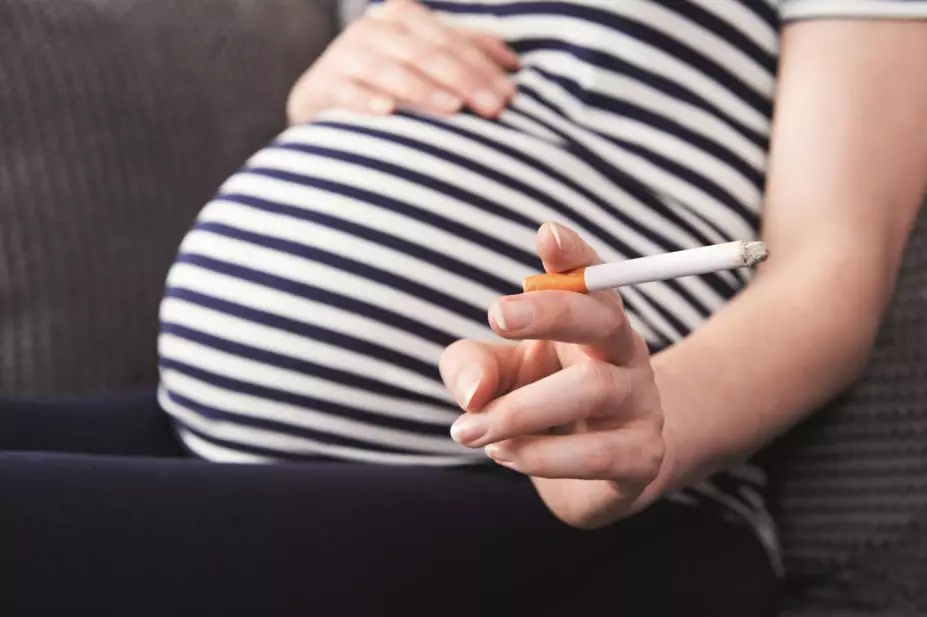
Shutterstock.com
Pregnant women who successfully quit smoking with the help of a smoking cessation intervention are highly likely to relapse once the baby is born, new research has shown.
Writing their results in Addiction
[1]
(online, 16 March 2016), researchers reviewed data on 9,262 women and found that only 13% who took part in a smoking cessation intervention during pregnancy were abstinent at the time of delivery.
Of a subsection of women analysed, the researchers found that of those who were abstinent at birth, 43% had restarted smoking six months later. However, these results are reflective of a subset of women who find it difficult to quit smoking.
“Despite large amounts of healthcare expenditure on smoking cessation, few women and their offspring gain the maximum benefits of cessation,” say the authors.
Around a fifth of women are smokers prior to conceiving. However, a proportion will quit while trying to get pregnant and up to 62% of women will successfully quit immediately upon learning of their pregnancy. This leaves a group of women who do not successfully quit and are likely to be more nicotine dependent.
The systematic review aimed to look at the relapse rates for women seeking smoking cessation support during pregnancy, with the hypothesis that the rates would differ from spontaneous quitters.
In the UK, women who continue to smoke can access NHS Stop Smoking Services. In 2012–2013, around 15% of pregnant smokers – 3% of all pregnant women (21,780) – accessed these services.
Funded by the National Institute for Health Research, the authors from the University of Nottingham department of epidemiology and public health included 27 randomised or quasi-randomised trials, of which 14 took place in the United States, six in the UK, two in Australia, and one each in Canada, Denmark, Ireland, New Zealand, and Sweden.
Smoking cessation was either biochemically validated or self-reported. Overall, 43% of participants restarted smoking at six months postpartum (95% confidence interval [CI] = 16%–72%, 11 trials, 571 abstinent women). The proportion who were still smoking at the end of pregnancy was 87% (95% CI = 84%–90%) and 94% (95% CI = 92%–96%) at six months postpartum (23 trials, 9,262 trial participants). In comparison, the relapse rate among spontaneous quitters is 46%–76%, according to previous research cited by the study authors.
Commenting on the review, Lynda Bauld, deputy director of the UK Centre for Tobacco and Alcohol Studies, says that a number of studies have looked at relapse rates for women who quit smoking during pregnancy and the results are consistent.
She says there are two reasons for the seemingly high relapse rate: first, these women often go through a process of stopping and starting and may be classified as relapsing if assessed at one specific point; second, there is strong social pressure to quit during pregnancy and this dissipates after the baby is born. “Plus support after pregnancy is poorer,” she adds.
References
[1] Jones M, Lewis S, Parrott S et al. Re-starting smoking in the postpartum period after receiving a smoking cessation intervention: a systematic review. Addiction 2016. doi: 10.1111/add.13309


